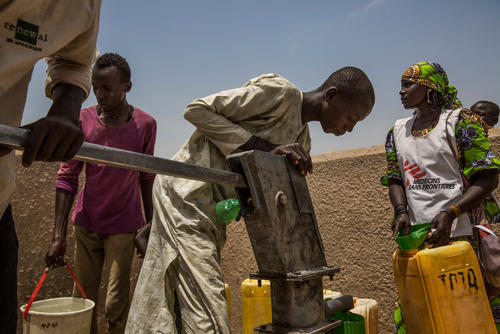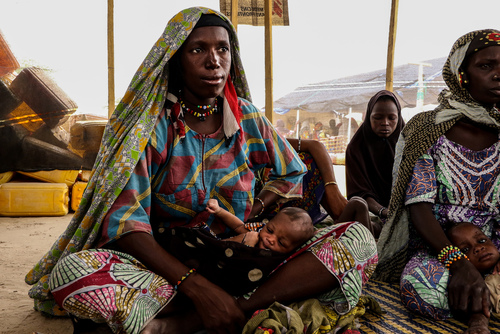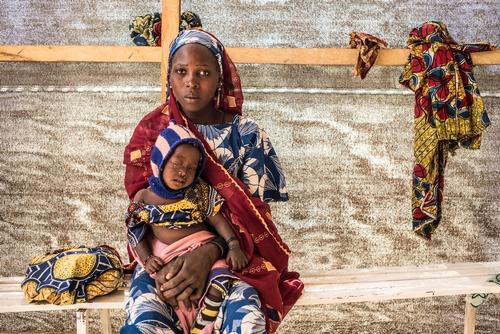Niger, Burkina Faso, and Mali share a border region in the central Sahel where state and non-state groups operate against a backdrop of high levels of poverty, climate change, rapid population growth, and increased competition for dwindling resources.
Southeastern Niger is part of the Lake Chad Basin, where violence that began in Nigeria in 2009 spread. The region was already extremely vulnerable due to social inequalities, poverty, poor infrastructure and recurrent droughts. MSF runs health programmes throughout Niger.
Key Activities

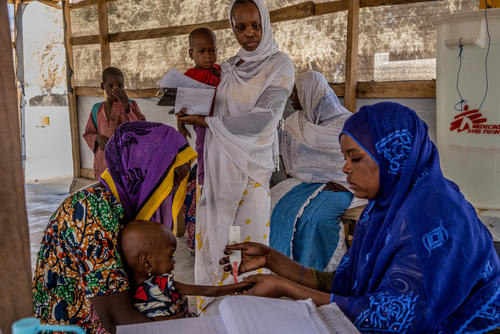
Niger has made remarkable progress in reducing under-five mortality over the past decade, but malnutrition and malaria – the leading causes of death among children – remain widespread. We conduct targeted paediatric programmes, support community health workers, and build the capacity of public facilities, especially during the ‘lean season’ between harvests, which coincides with the rainy season and the peak of malaria.

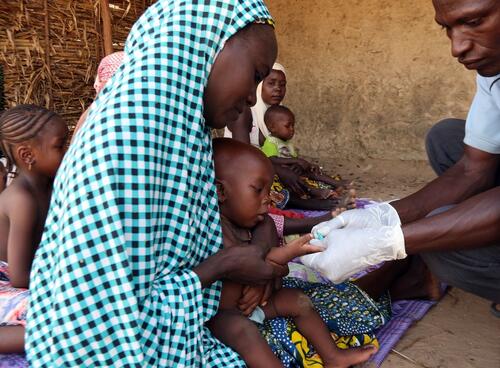
MSF supports community health workers in more than 40 villages in the Maradi region, representing hundreds of villages throughout Niger. Community health workers are particularly active during the peak malaria season and provide early detection and treatment of uncomplicated malaria as well as screening for malnutrition. The recent increase in health promotion and community activities in the region has resulted in a 25 per cent reduction in admissions for severe and complicated malaria cases in the health facilities we support.

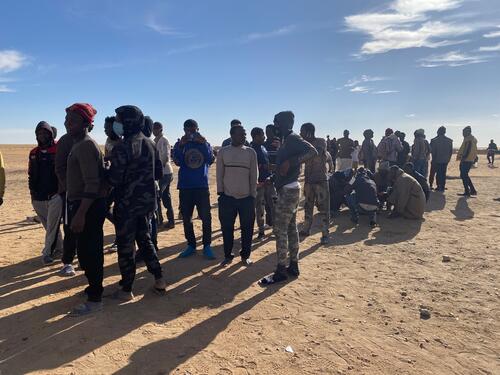
Despite the closure of borders due to COVID-19 and the anti-migration law, the flow of migrants has not decreased in Assamaka, in northern Niger. On the contrary, many migrants continue to use the desert passageways, hoping to reach Europe via Algeria and Morocco. But many do not make it across this line. They are arrested, tortured, stripped and deported with military force by Algerian guards close to the border at Assamaka. In this remote desert, our teams run activities to support abandoned and lost people on the move.


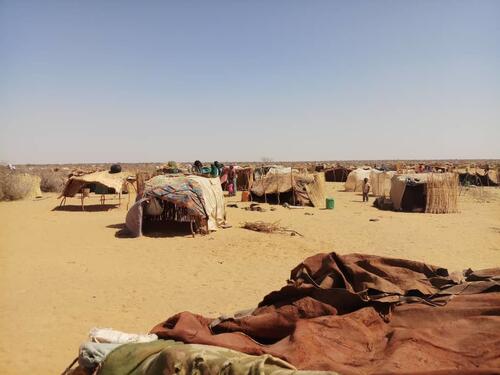
In Niger, we support various health centres and provide general and specialised care to host and refugee communities, mainly in the Tillabéri region. We also organise mobile clinics to provide medical and mental health consultations and distribute essential household items to refugees. Due to limited access to healthcare and intensified violence in northwestern Nigeria, we are also seeing an increasing number of sick and malnourished children from Nigeria in MSF-supported facilities in the Maradi region.
Our activities in 2023 in Niger
Data and information from the International Activity Report 2023.
1,729
1,729
€45.4 M
45.4M
1985
1985
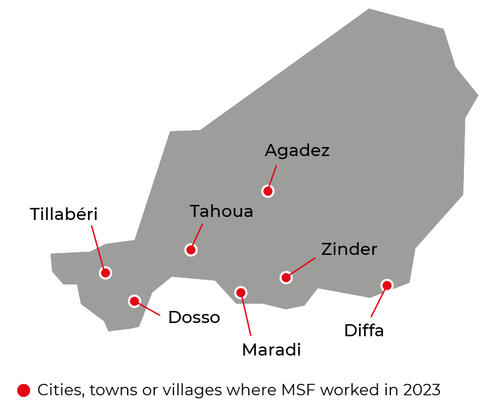

1,012,700
1,012,7
410,200
410,2
132,800
132,8

49,700
49,7
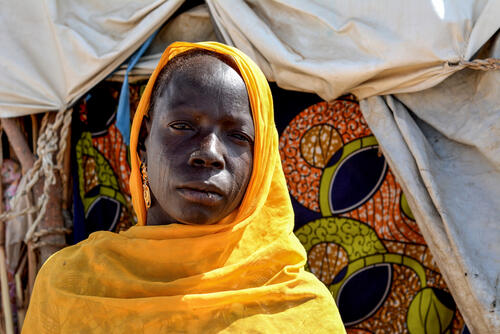
The dehumanising experience of exile
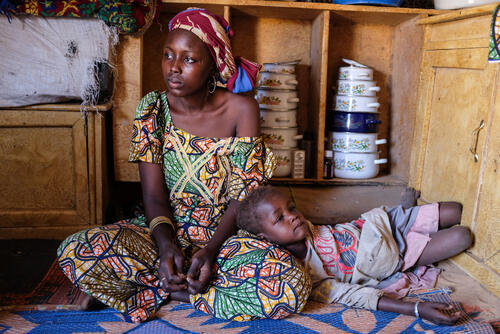
Fighting psychological fears in conflict-affected communities
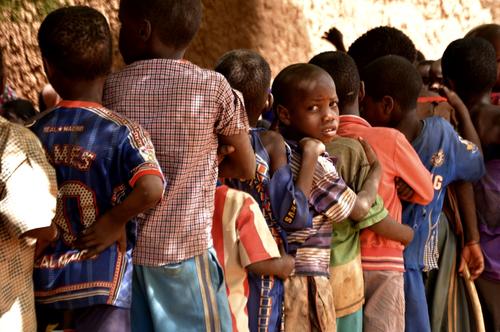
“We should take every opportunity to vaccinate against deadly diseases”
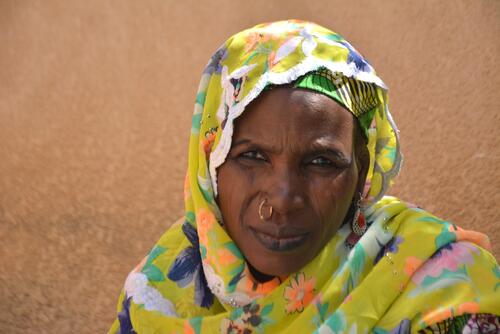
In Diffa, listening spaces have been set up for and by women from the community
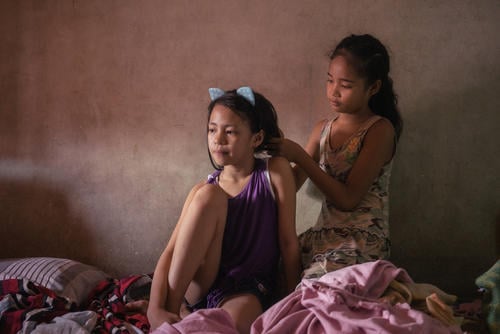
A year in pictures 2017
